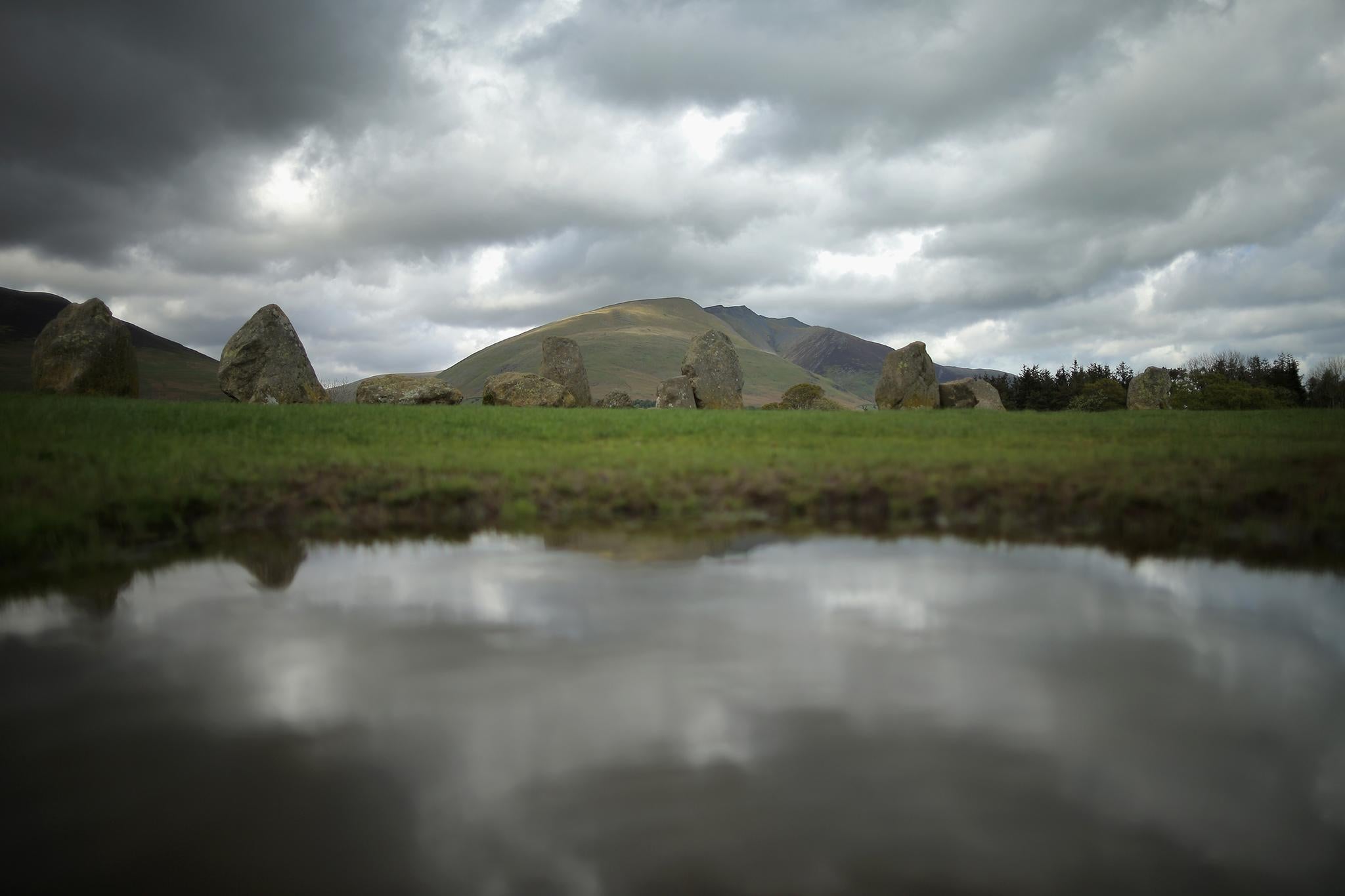Has the Lake District gone wet in its search for more visitor diversity?
In the latest in his series of reflections on place and pathway, Will Gore asks whether such efforts are a threat to the landscape


The quiet period between Christmas and new year is always a risky time for anyone making a media appearance, as the chief executive of the Lake District National Park Authority recently discovered.
Speaking to Sky News last weekend about the need to make the Lake District as welcoming as possible to all sections of British society, Richard Leafe quickly found himself accused of bringing identity politics into nature. His suggestion that the national park must adapt in “small ways” to attract a greater diversity of visitors was regarded in some quarters as political correctness gone mad.
For the most part, the rage that greeted him was concocted. The national parks are, as a matter of principle, for everyone to enjoy: yet there is no doubt that visitors are disproportionately white, middle-class, able-bodied and old. It should hardly be controversial to suggest that particular efforts might usefully be made to explain the Lake District’s merits to people from other backgrounds, and to encourage them to experience the area’s wonders.
Leafe’s comments were, in any case, merely a follow-up to a report published last September. Commissioned by the government and written by journalist Julian Glover, the Landscapes Review argued compellingly that it was necessary to find ways to renew the common zeal which led to the establishment of national parks in the first place; or risk further damage to the institutional protections which large swathes of Britain’s countryside have enjoyed for decades.
Part of that journey of renewal would, said Glover, require improved engagement with those who currently regard national parks and areas of outstanding natural beauty as irrelevant to their lives.
Nevertheless, Leafe’s comments were set against another backdrop too: of existing rows over whether 4x4s should be allowed to travel over certain designated trails in the Lake District (the park authority argues that permitting such activity opens up the area to off-road enthusiasts in an appropriately controlled way), and a proposal to construct a four-mile tarmac path suitable for wheelchair users. To traditionalists, such changes are an abomination.
I confess I find the idea of jeeps tearing over hillsides to be a pretty bleak one, especially in a world where carbon emissions are excessive and silence is rare. The tarmac trail is more of a red herring, given that it will replace a damaged path along a former railway line – hardly a natural terrain. Four miles of wheel-friendly pathway strikes me as eminently sensible.
What’s more, the Lake District is – for all its natural beauty – a landscape which has been managed for centuries, either for the purposes of farming or in favour of tourism. To argue that it should never change is, paradoxically, to ignore its history rather than to honour it.
And yet… There is surely a kernel of truth in the criticism that Leafe has faced. We find sense in places because of the contexts we create: have them created for us and any meaning can only be superficial at best. At worst, it also destroys the connections others have already made and feel deeply.
When I consider what the Lake District means to me, of course I think of fells and valleys, lakes and becks. But I think also of rainy days in childhood, romantic teenage yearnings, of people I walked with and people I wished had been there. The landscape is only part of the equation.
Anyone can, if they wish to, build a compelling narrative which connects them to the beauty of the British countryside. Some may need more encouragement to explore it than others, but it’s quite wrong to suggest they need to be molly-coddled to find pre-packed, deliberately engineered meanings when they arrive.
Join our commenting forum
Join thought-provoking conversations, follow other Independent readers and see their replies
Comments